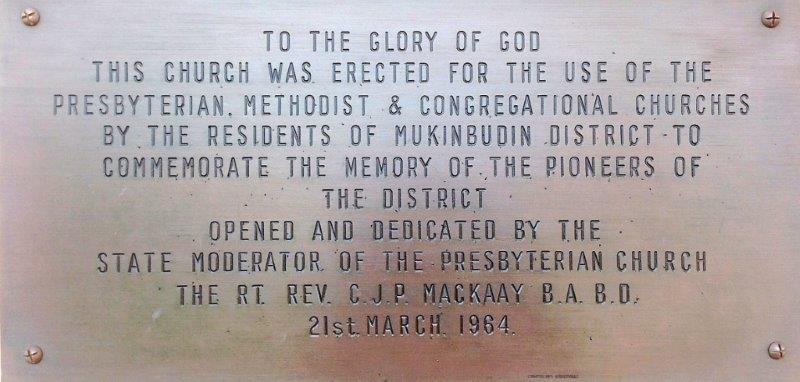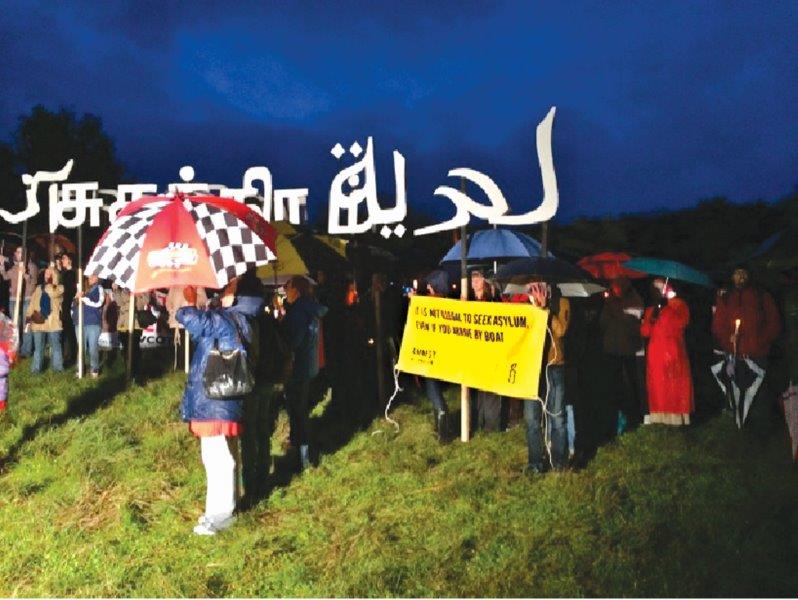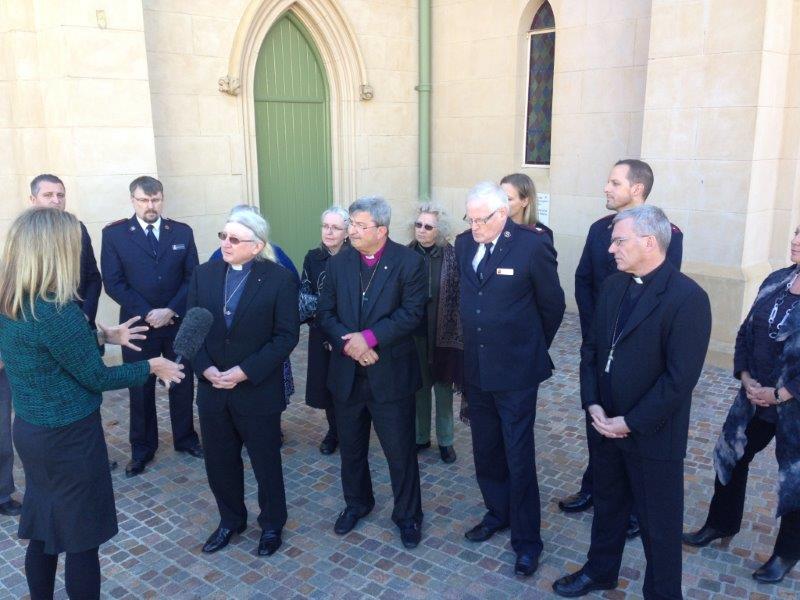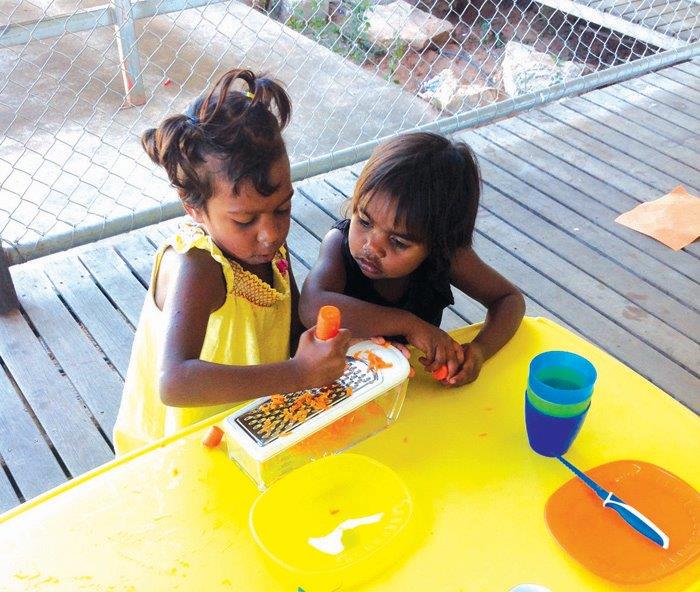During a recent meeting of the top governing body of the World Council of Churches (WCC), its Central Committee said “no” to investments in fossil fuels. Prior to this announcement some member churches were already committed to the divestment of fossil fuels, including the United Church of Christ in the United States, the Anglican Church in Aotearoa, New Zealand and Polynesia and the Church of Sweden.
In April last year, the Uniting Church Synod of New South Wales agreed to divest in fossil fuels and created national news. Other churches around Australia are in talks about how they too can divest. And in May of this year, people from all over Australia withdrew their investments from Australia’s ‘big four’ banks – ANZ, Commonwealth, NAB and Westpac – choosing to invest their money in more sustainable methods as part of Divestment Day, organised by Market Forces and 350.org.





